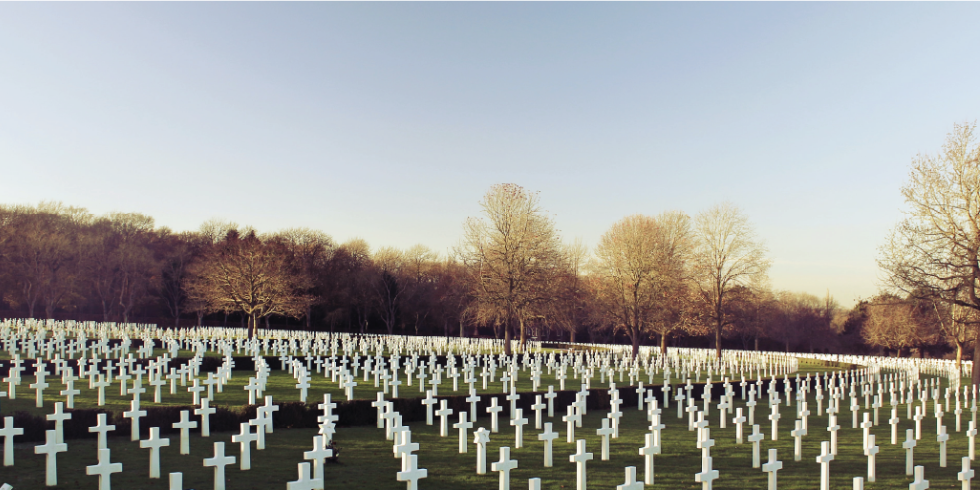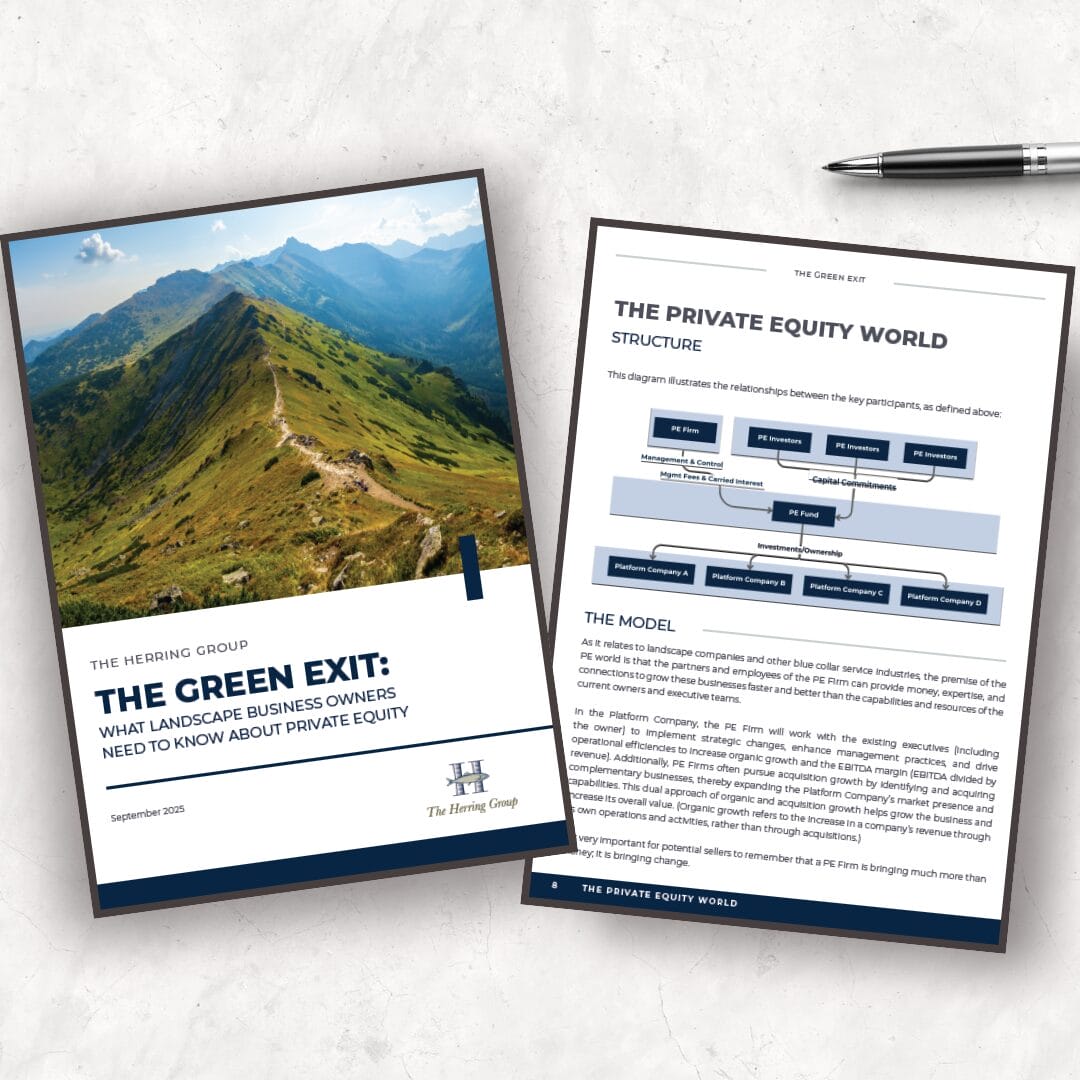Sacrifice.
It’s a word that is not used much anymore.
Perhaps, it deserves to be used more frequently.
I am going to attempt the impossible. I want to discuss that word in the context of business ownership, COVID-19, war, and Easter – all in one blog post.
Let’s define sacrifice: “an act of giving up something valued for the sake of something else regarded as more important or worthy.” (Thanks, Google.)
Since numbers tell a story, let’s frame sacrifice in some numbers from three wars:

Source: Congressional Report Service – https://crsreports.congress.gov/product/pdf/RL/RL32492
One out of every 40 people serving in World Wars I and II died. No doubt that death rate was much higher for certain units.
These men were fighting for something more important than themselves. They were fighting for their families, for their country, for the noble idea of living free of tyranny. They were willing to make a sacrifice.
Serving itself was a sacrifice – not only for the one serving, but for the family at home. Death was the ultimate sacrifice – a sacrifice made by the soldier and shared by the family. We live better today because of what they did many years ago.
In COVID-19, we see sacrifice every day. For example, the grocery store clerks are on the front lines – dealing with people every day. Some of those customers are likely to be spreading coronavirus unwittingly because they have no symptoms. The doctors, nurses and other medical personnel treat patients with COVID-19 – willingly putting themselves in harm’s way. These people serve us. Their serving is a sacrifice. In many ways, their families sacrifice as well. Without the clerks and the medical professionals, life would be much worse and death more prevalent.
I also see sacrifice in business owners, although I do not know of a business owner who thinks what he or she does is a sacrifice. Clearly, business owners face uncertainty and accept significant risk. They make decisions in the absence of complete information. They work hard to create a great environment for their employees (who can then support their families) so that together they can serve their customers and communities. Most owners that I know worked more hours than many of their employees – for years. Many paid employees more than they paid themselves. Most of them did it out of love – for their employees, their customers, their families and the work itself. Their sacrifice enriches our lives.
In America, we take the sacrifice of business owners for granted. In my visits to the Congo, I learned that people are dying because there are not enough business owners.
As I write, it is Saturday, historically the day of great uncertainty, the day between Good Friday when Jesus died and Easter, when Jesus rose from the dead.
On Friday, his friends and family saw injustice, not sacrifice.
Jesus was falsely accused and crucified on the cross by the Romans. Crucifixion was a particularly cruel form of death – designed to inflict maximum pain. (Here’s an article on Forbes.com that describes how.) There was no sacrifice, only the apparent finality of death. No doubt his death brought grief and despair to his family, friends and followers.
On Sunday, they saw sacrifice, not injustice.
They began to hear stories of an empty tomb and Jesus walking and talking to people. Jesus had been dead and now he was alive. Many, even his closest followers like his disciple, Thomas, did not believe the stories. It was just not comprehensible. How could a man who had been tortured, crucified, and finally entombed for three days, be alive?
(By the way, I found this video which discusses three facts that would have to be true in order for the resurrection to be a real event and this video which discusses four alternative possibilities. These videos pack a lot of information into six minutes.)
In reading the four gospels in the New Testament, one of the remarkable things to watch is the transformation of Jesus’ closest followers, his disciples. They leave their work to follow him. In the early days of following Jesus, they seem pretty clueless. When he is arrested and before they see him, they act scared. After they see him, they are quite bold, demonstrating courage that led most of them to martyrs’ deaths.
Historic Christianity says that Jesus sacrificed his life so that His followers could live “abundant lives” – both now and after they die. His death frees his followers from the power of death. Perhaps that freedom from the power of death is what caused the transformation of his disciples from cowards to martyrs. If death is no longer something to be feared, then great sacrifice is more sensible.
Before today, I had never thought about the word, generous, in the context of sacrifice. But I think it fits. Google defines generous as “showing a readiness to give more of something, as money or time, than is strictly necessary or expected.”
Certainly, the soldiers in World War II were generous with their time, their willingness to be uncomfortable and, in some cases, their lives, so that you and I could live free. In the gospels, we see Jesus being generous with his time. His death is certainly generous to those who believe and follow him.
As we move forward with COVID-19 as our adversary, may we be generous.


